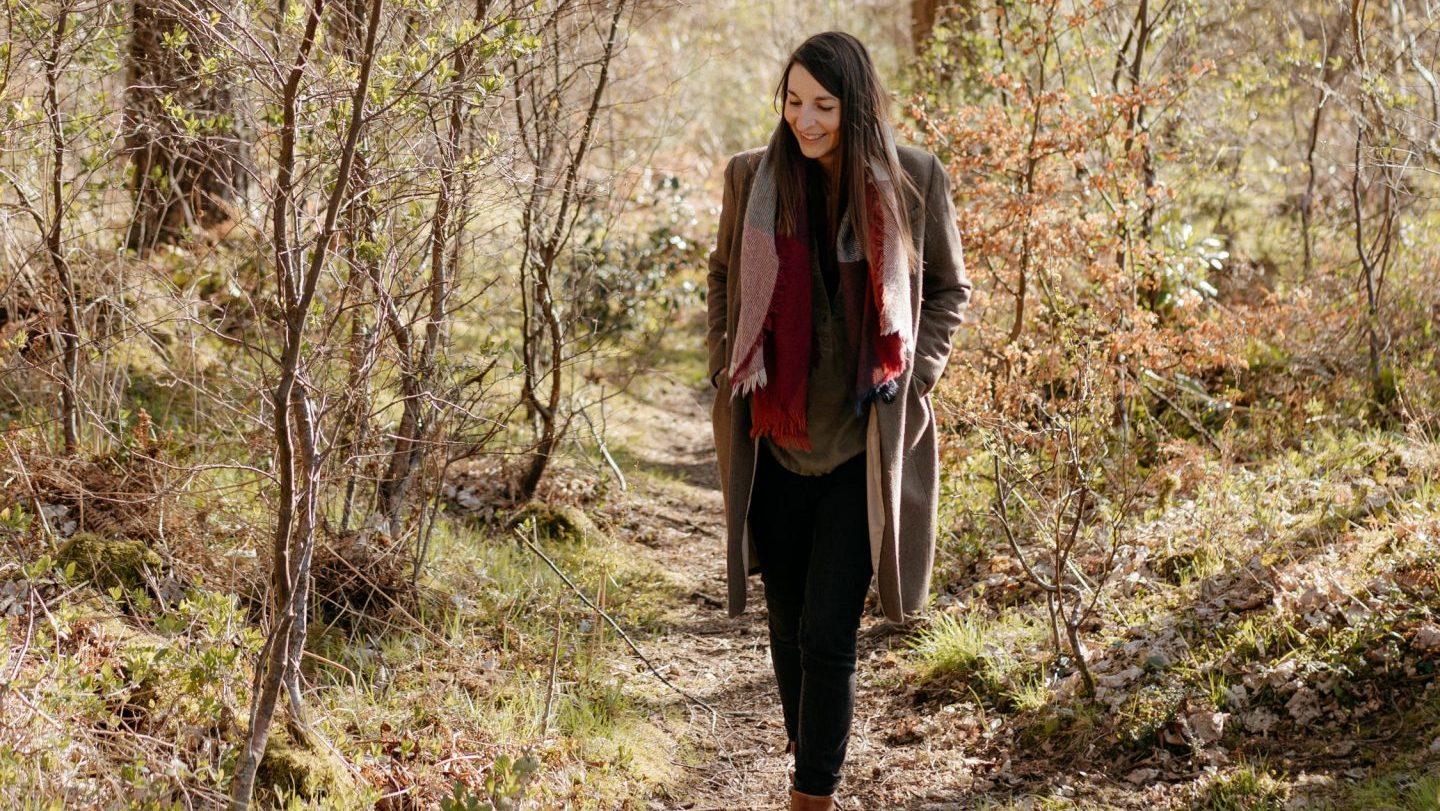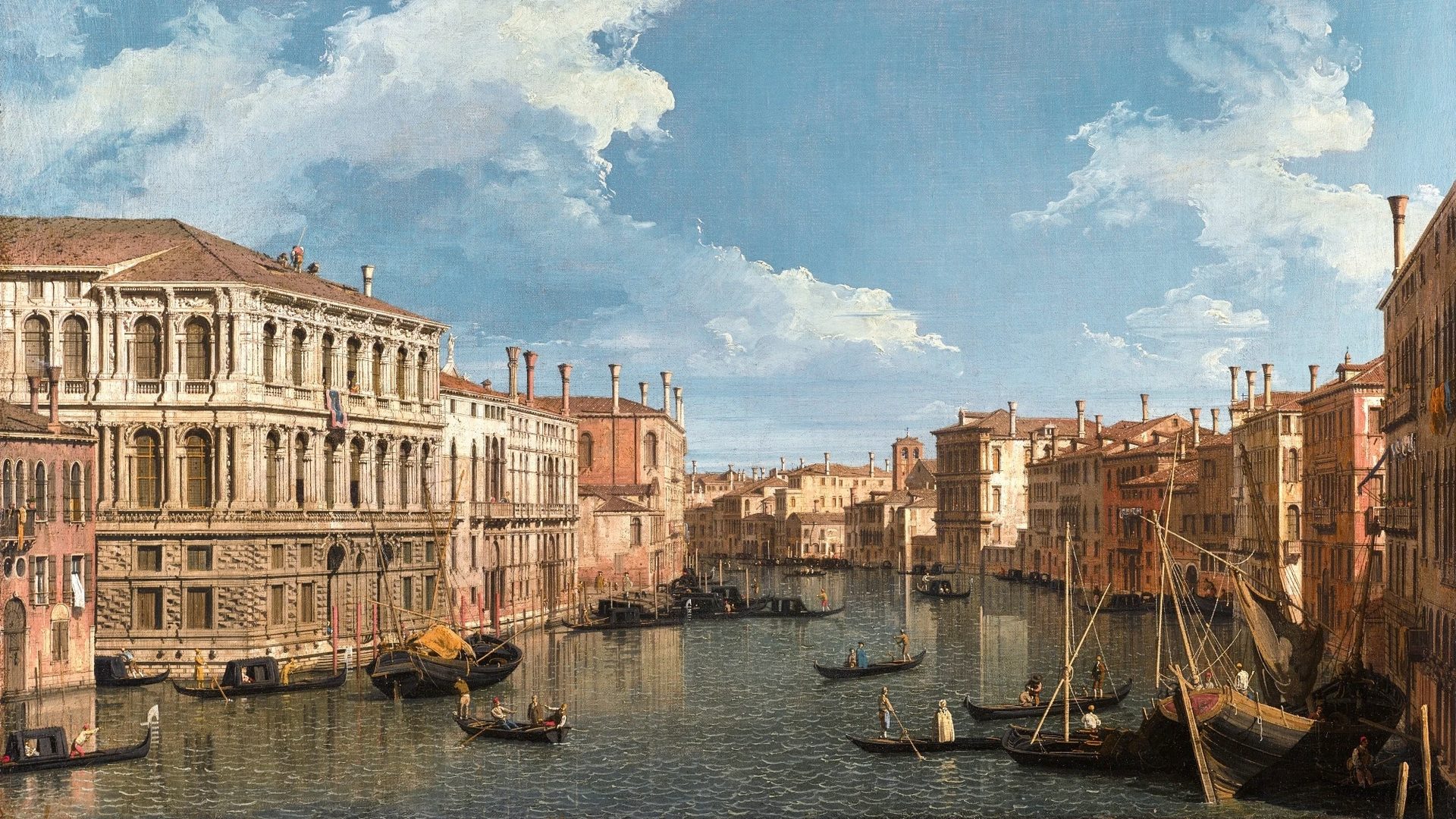The recent boom in what is known as “nature writing” shows no sign of letting up anytime soon. A twee label reminiscent of blowing tufts from
dandelions and holding buttercups under chins, the term doesn’t do justice to a wide range of books from personal memoirs of grief or addiction recovery to rewilding manifestos to adventures in wild swimming.
If anything, a more accurate description is “landscape writing” because if these books have a common denominator it’s one drawn from the land itself.
Like any popular genre, the quality of the writing varies wildly. There are some outstanding landscape-based memoirs – The Outrun by Amy Liptrot
and H is for Hawk by Helen MacDonald are the titles most responsible for the
current boom in the genre, while more recently Malachy Tallack’s philosophical fishing-based memoir Illuminated by Water is a beautiful example of getting it right. Patrick Galbraith’s In Search of One Last Song is a deeply researched and frequently surprising journey among the people seeking to preserve Britain’s endangered bird species.
Barely a year goes by without a forgotten classic being rediscovered and reprinted. The excellent Dorset independent publisher Little Toller has a shelf full of books by the likes of Edward Thomas, Adrian Bell and Clare
Leighton they’ve hauled from obscurity and republished. Titles such as Nan Shepherd’s slim and beautiful The Living Mountain enjoy a fresh lease of life, in this case thanks mainly to Robert MacFarlane’s drum-beating endorsement.
For all the good writing, however, there are mediocre books and there are terrible books. In nature writing, more than any other non-fiction genre, the temptation to over-write is hard to resist, making too many of these books wincingly self-indulgent and packed with interminably dense description by writers who are far too pleased with the sound of their own literary voices for their own good.
The genre is also open to sugarcoated nostalgia for a utopian past that never existed, evoked most often by writers from a background of privilege. Publishing in general is dominated by the white middle- and upper-classes, but nowhere is this more pronounced than in nature and landscape writing. The range of voices has been stultifyingly limited and, while women writers are at last being heard, the number of books written by authors of colour and authors not drawn from privileged backgrounds has been negligible.
Published this week, however, is a book that breaks at least part of that literary silence.
Rebecca Smith grew up on a country estate in the north-west of England but was certainly not born with a silver trowel in her hand. Her father was a forester, employed by aristocrats to look after their woodlands, and the family lived in a house on the estate that came with the job, allowing Smith and her brother to enjoy about as bucolic a childhood as anyone outside the landed class could imagine.
There were practical drawbacks, like being miles from any kind of community or facilities – instead of registering with their nearest GP, for example – their mother chose one further away but on the way to the hospital, on the grounds that anything serious enough to warrant a trip to the doctor would probably need a hospital visit anyway – but these were not concerns for a child. Instead, there were endless dens to be made, trees to be climbed and even access to a private beach reached by a private track.
This left Smith feeling, if anything, classless. Years later she was invited to
Scotland for a pheasant shoot but spent the occasion wondering why.
“I think I was invited because, somehow, growing up the way I did has given me a kind of class ambiguity,” she writes in Rural: The Lives of the Working Class Countryside. “Or maybe an absence of class. I’m not sure exactly.”
Either way it lends her a rare and valuable perspective from which to examine a wide stratum of rural Britain long overlooked by writers on the subject: the people who not only live there, but work there too.
By combining memoir, history and journeys around Britain, Smith is a shrewd, inquisitive and enlightening guide to a vitally important aspect of
the nation, both historically and in the context of Brexit’s damaging effect on the British countryside and its people.
One senses that the seeds of Rural germinated in an idea for a book focusing on working life inside the walls of country estates, but as Smith’s research deepened, she found a much wider story to tell.
Her grandfather was a woodsman in the days before chainsaws. Her
father’s working life spanned a period of widespread changes in working methods and the nature of the job itself, including a much-increased awareness of the ecology necessary for forestry. As she delves into the past she uncovers ancestors who worked in other rural trades, making this a family memoir as well as an absorbing work of social history.
Smith’s great-grandfather, for example, was one of 80 miners killed in the Cresswell mining disaster of 1950. It was only his second shift at the Derbyshire pit, following a move from another mine nearby. Her grandfather was a Bevin Boy, the name given to young conscripts selected to bolster the mining workforce during the second world war. After the conflict, determined he would never return to the mines, he found work in a cotton mill, rising to become factory engineer at a textile factory in Nottinghamshire.
This family legacy of working on – and under – the land inspires Smith to a series of immersions in different forms of rural employment, from slate mines to cotton mills, from dam-building to rural tourism, to produce a pacy, incisive read that never drags, despite being packed with a wealth of frequently astonishing detail.
At the turn of the 20th century, for example, a navvy working in Britain stood the same chance of being killed as an infantryman in the Boer war. The National Trust is one of Britain’s largest farm owners, renting 250,000 hectares to 1,500 tenant farmers. At the time of the Domesday Book, 15% of England was covered by forests. By 1877 that figure had dropped to just 4%, and by 1914 Britain was importing 90% of its timber, mostly from Russia.
As well as eye-opening snippets of history, Smith delves into the lives of the workers themselves to make vivid the harsh realities of life at Britain’s industrial peak. In the Scottish mining village of Jawcraig in 1875, for example, the houses were so riddled with damp that one elderly woman told a journalist of how “sometimes during the night when the door is shut and a large fire burning, she sees steam rising from the floor”. At nearby Nappyfaulds, families could hear the underground blasting and hammering from the coal seams beneath them. This led to some homes collapsing altogether, the families camping in the ruins on the grounds that they couldn’t be charged rent for a house that didn’t exist.
There are horrific stories of how the families of miners who died underground of natural causes were ineligible for compensation, meaning the body of a man who dropped dead from a heart attack on shift would often be mutilated to look like he’d been killed in an accident.
“The act of doing this, while seemingly barbaric, was really a kindness beyond what we, thankfully, can imagine now,” Smith observes.
On Easdale Island off the west coast of Scotland, where the slate quarries “roofed the world”, there was no soil, leaving islanders bartering for earth used by visiting ships as ballast to grow vegetables. Children had to take a piece of coal or peat to school every day for the fire – if they didn’t or couldn’t they had to sit at the back, farthest from the flames.
Among these stories of hardship, one theme unites the people across a wide range of industries: a sense of transience, of impermanence, the persistent anxiety that ruin and penury were always just a day or two away. Tied housing was part of the appeal to workers but there was also the knowledge that a loss of employment meant immediate homelessness. Those whose sweat and graft seeped into the land had the flimsiest ties to it. The people most immersed in the soil had no agency upon it, no control over their destinies, whole generations left with no sense of permanence.
If that all sounds a bit Victorian, Smith writes of a farm close to where she grew up whose tenants could only occupy a part of their farmhouse because the rest had to be kept ready for when the landowner decided to show up with a hunting party.
The threads of history are still tightly bound to the present, and Smith has much to say about the range of issues facing the working-class rural population today. Returning to the village pub in the Lake District where she worked as a teenager, she finds the legacy of Brexit and Covid devastating the hospitality industry. The eastern Europeans who worked in the kitchens and behind the bars have long gone and there is nobody to replace them, the explosion in holiday rentals through sites like Airbnb preventing young people from buying or renting homes locally even if they can afford them.
“You can rent a slate miner’s cottage in Dinorwig or Coniston, a weaver’s house or a mill house in Yorkshire, forest lodges in the lakes, a coalminer’s house with a ‘gorgeous wood-burning stove’,” Smith writes. “You name it, you can stay in it. The romanticised idyll of past industry is good business.”
While Rural has an undertone of melancholy with centuries-old social injustice burning through every chapter, Smith’s writing is good enough and the personal anecdotes uplifting enough to keep the book a lively rather than depressing read. It feels like the introduction of an important new voice to landscape writing in post-Brexit Britain and, importantly, one speaking from a perspective too long underrepresented.
Rural: The Lives of the Working Class Countryside by Rebecca Smith is published by William Collins, price £18.99




